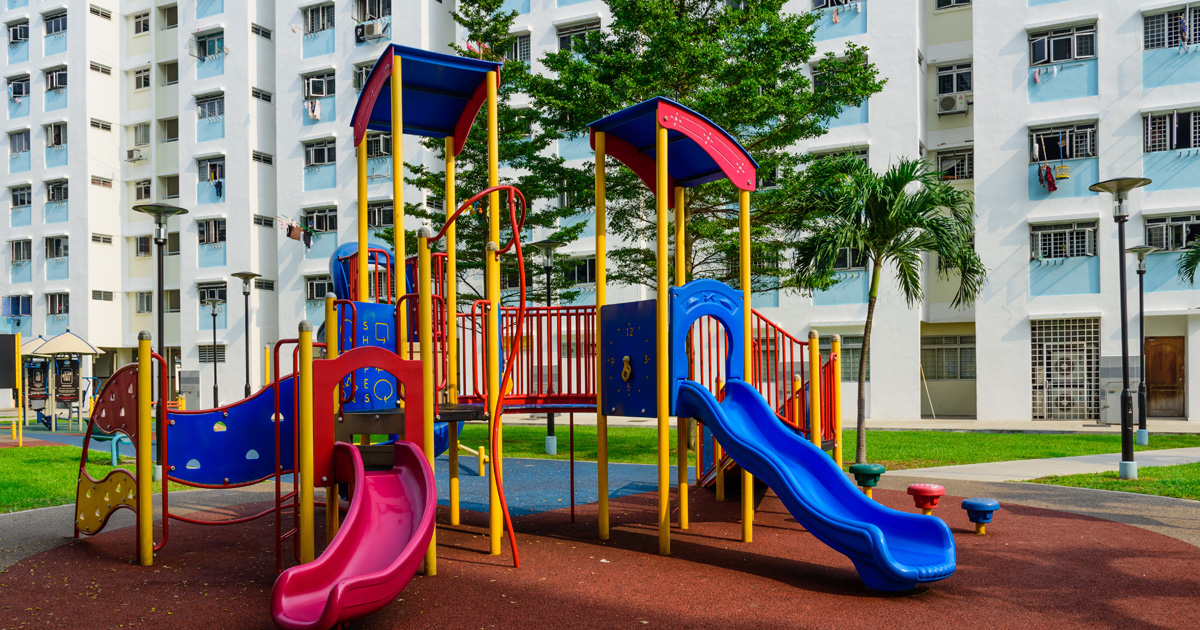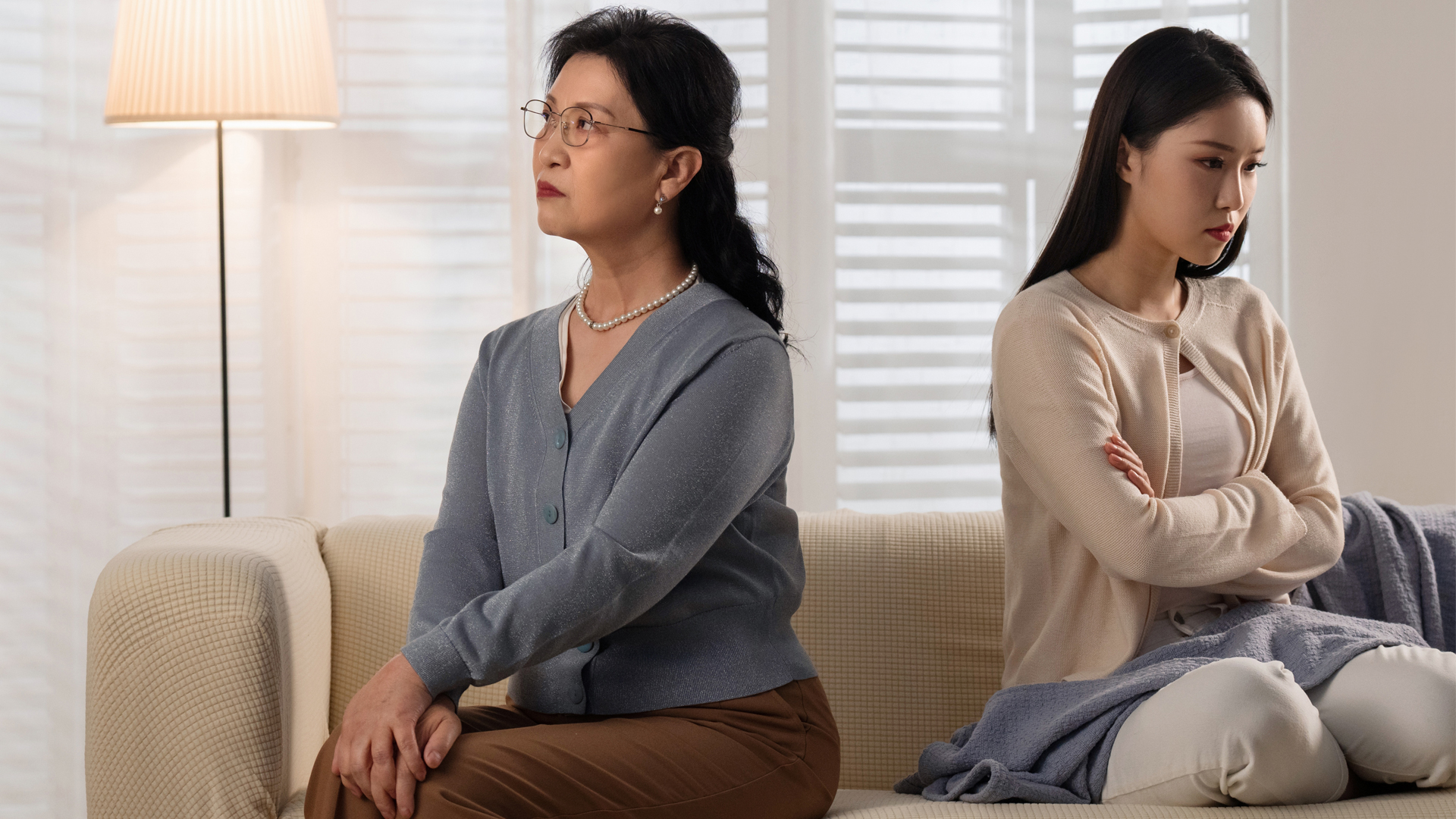The apex Singapore Court of Appeal has repeatedly asserted that a “broad-brush approach” must be taken in the division of matrimonial assets. This means recognising both, direct financial and in-direct homemaking contributions rendered by spouses. This approach gives effect to the philosophy that “both roles are equally fundamental to the well-being of a marital partnership” (ANJ v ANK [2015] 4 SLR 1043 at [17]; NK v NL [2007] 3 SLR(R) 743 at [41]).
In furtherance of this approach, our courts have discouraged using direct financial contributions of each spouse as the starting point for the division of assets. Statutory law, legislated by the Parliament of Singapore, puts the “extent of the contributions made by each party to the welfare of the family, including looking after the home or caring for the family or any aged or infirm relative or dependant of either party” on the same footing as “the extent of the contributions made by each party in money, property or work towards acquiring, improving or maintaining the matrimonial assets” (Section 112(2), Women’s Charter). They are both key factors to be considered globally before a court makes its decision on how the matrimonial assets should be divided.
The Court of appeal in ANJ v ANK highlighted the steps to be taken in exercising its discretion under section 112 in accordance with the broad-brush approach. First, the Court could ascribe a ratio to the spouses’ direct financial contributions in acquiring or maintaining their matrimonial assets. Second, the Court could derive a ratio representing the spouses’ indirect contributions to the well-being of the family. Third, the Court would calculate the average of these ratios and fourth, make further adjustments to the average ratios in order to consider the other factors outlined in section 112(2).
This decision in ANJ v ANK is welcomed because is recognises the co-operative nature of a marriage and varying natures of contributions that go into maintaining a household. With this further clarity on the law of matrimonial assets division, spouses who have taken on a predominant or more significant role in managing the family and its welfare, should be comforted by the fact that their contributions to the marriage will be recognised just as well.











